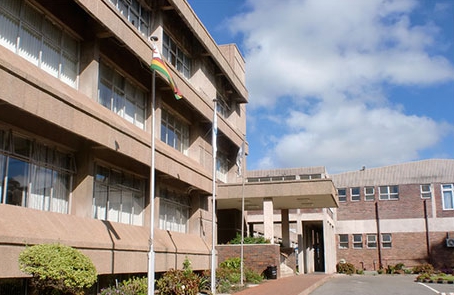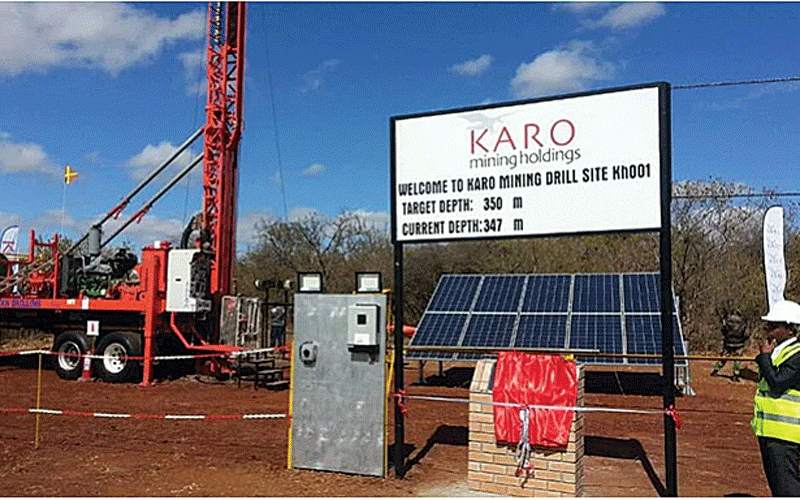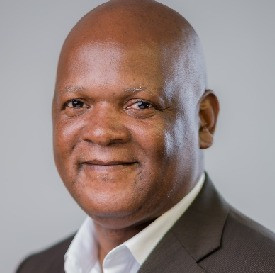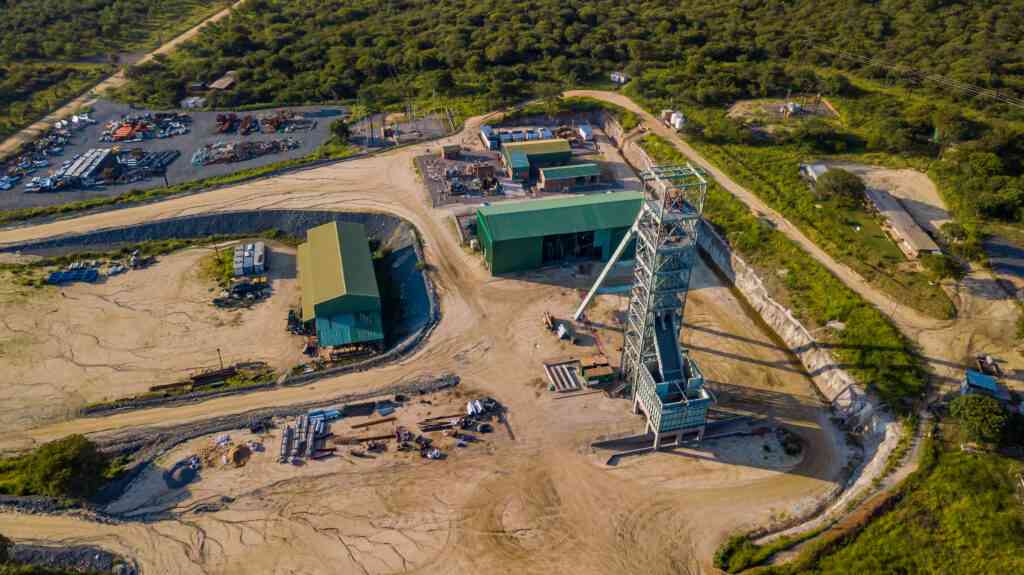
BY MTHANDAZO NYONI
INVESTORS interested in taking up equity in the central bank- run Fidelity Printers and Refiners (FPR) should agree to list on at least one of the country’s stock exchanges in order to enhance transparency and accountability, the Zimbabwe Environmental Law Association (Zela) said last week.
FPR, which has been placed on sale, is Zimbabwe’s sole gold buying agency.
The country has two operating bourses — the 95-year-old Zimbabwe Stock Exchange (ZSE) and the Victoria Falls Stock Exchange, which began trading last year.
Zela’s call came as the central bank said it was selling 60% of its shareholding in FPR to large-scale gold producers and buying agents.
Small-scale gold miners will also have a stake through their associations.
Under the scheme, the Reserve Bank of Zimbabwe is looking at three-year average gold shipments to FPR in determining the new shareholding profile.
But in a paper that assesses the strategy, which was released last week, Zela said willingness to adhere to the tenets of transparency and accountability must be key in determining qualifying shareholders.
- Chamisa under fire over US$120K donation
- Mavhunga puts DeMbare into Chibuku quarterfinals
- Pension funds bet on Cabora Bassa oilfields
- Councils defy govt fire tender directive
Keep Reading
“The government should consider making it mandatory for all shareholders, who are going to take up equity in FPR to list on the Zimbabwe Stock Exchange or the Victoria Falls Stock Exchange,” Zela noted.
“This will open a window for citizens to hold the companies to account on mineral revenue transparency since companies will be expected to publicly disclose their environmental, social and governance information in line with international best practices.”
The pressure group said by allowing private companies to be part of the gold refinery process, the country stands a good chance of complying with requirements set by the London Bullion Market Association (LBMA) on responsible sourcing.
The LBMA has established the guidelines to combat systematic or widespread abuses of human rights across goldfields, and avoid the risk of mining firms contributing to conflict.
The guidelines also help governments combat the financing of terrorism.
Being an LBMA accredited refiner gives markets an assurance that the country’s practices and processes in gold mining adhere to the requirements of the Organisation of Economic Cooperation and Development (OECD)’s guidelines on responsible gold sourcing.
“Compliance with OECD requirements on responsible sourcing and LBMA accreditation will ensure that our gold exports fetch the highest return on the international market,” Zela said.
“The unbundling of FPR could release resources needed for the government to comply with the LBMA’s requirements on responsible sourcing if adequate legislation is put in place for the private companies to comply with.
“The privatisation of the gold refinery process should therefore be linked to mechanisms to enhance responsible sourcing activities such as gold traceability initiatives.”
Zimbabwe lost its LBMA membership in 2008 after it failed to meet minimum gold production levels set by the organisation, that is the capacity to produce 10 tonnes of gold per year.
As a result, FPR sells its gold to international markets mainly through South African and Dubai based refineries.
“Based on FPR’s gold production and deliveries for the past few years, it is now very easy for the country to re-join the LBMA,” said Zela.
“The government should be persuaded to get re-admitted into the LBMA as this will attract international investments and possibly remove the “Pariah state tag.”
Zela said the unbundling of FPR must be accompanied by comprehensive due diligence processes on the potential shareholders.
“Using a three-year average delivery of gold to FPR as a key factor to be considered in choosing the companies to take up equity in FPR is not enough, given that the government is incorporating the private sector in the management of gold,” it said.
“The government might also consider including a condition that the shareholders should have a clean tax clearance certificate or evidence of a good human rights promotion record as part of its application to acquire shares in FPR,” Zela noted.
Such due diligence processes, Zela said, would enable the government to attract responsible investments into the gold sector and reduce risks of the government losing revenue from investors who may have a bad history of tax evasion and involvement in illicit gold trade.










